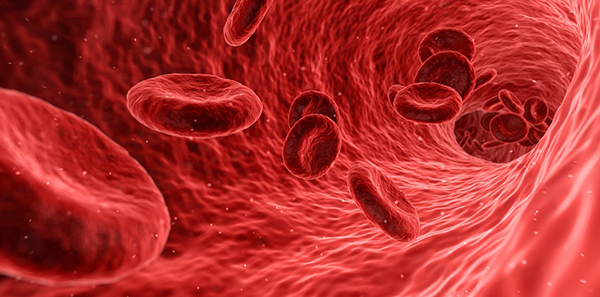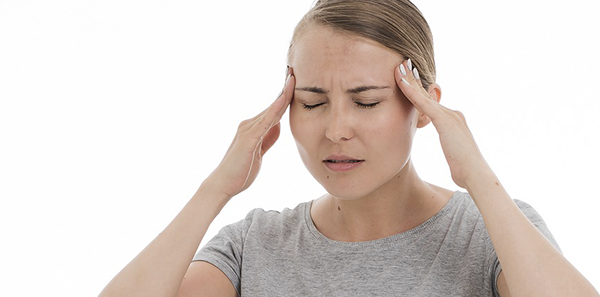
Music is a part of our lives and is capable of changing our mood. It therefore has a huge impact on our feelings, as well as a significant impact on improving our physical health.
According to the WHO, music helps to reduce patients’ perception of pain and anxiety, complementing medical treatment. Thus, according to their research, the arts support cognition in people with dementia and Alzheimer’s, improve attention span, episodic memory and executive function, reduce the side effects of cancer treatment, and play a major role in non-communicable and neurological diseases.
In short, the arts, and music in particular, play a fundamental role in health:
- Listening to music provides mental benefits (reduced stress and anxiety), lowers heart rate and blood pressure, stimulates the production of endorphins (the happy hormones), improves sleep disorders and helps control blood glucose levels.
- Playing an instrument activates brain areas, boosts your immune system, develops your ability to concentrate, promotes discipline and helps with stress management.
- Dancing contributes energy and physical and mental benefits, with significant improvements in motor function in people with Parkinson’s disease.
- Group music activities promote socialisation, strengthen bonds with others and improve social relations.
- Singing improves breathing, reduces stress, boosts memory and improves posture.
Furthermore, the variety of music styles means that it can be adapted to the needs of any person and age to provide tranquillity, joy, hope, motivation… and its flexibility offers many ways to involve groups from different cultures or with different illnesses.
For all of the above reasons, music plays a role in improving people’s quality of life, and is a great resource for fostering emotional and sensory development.












